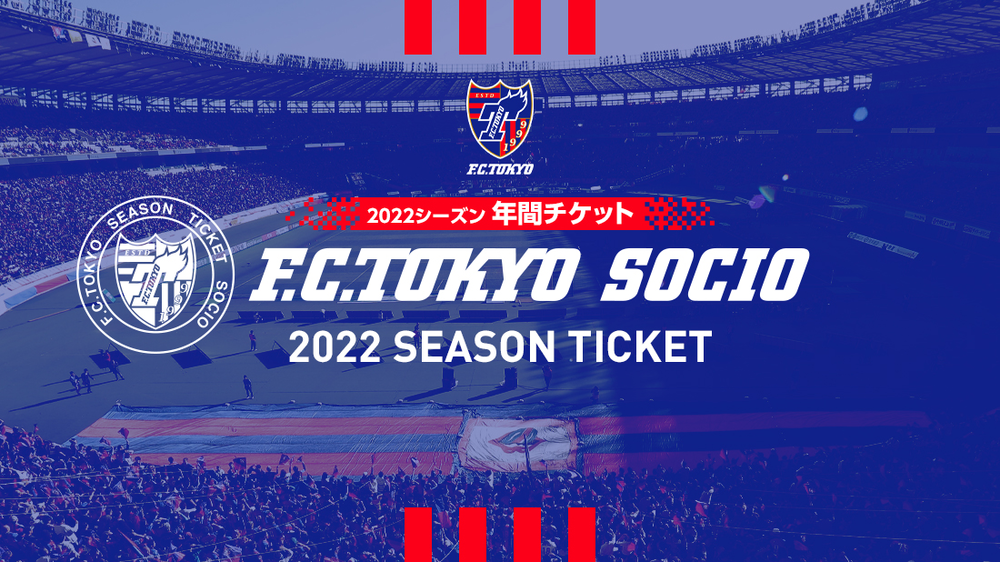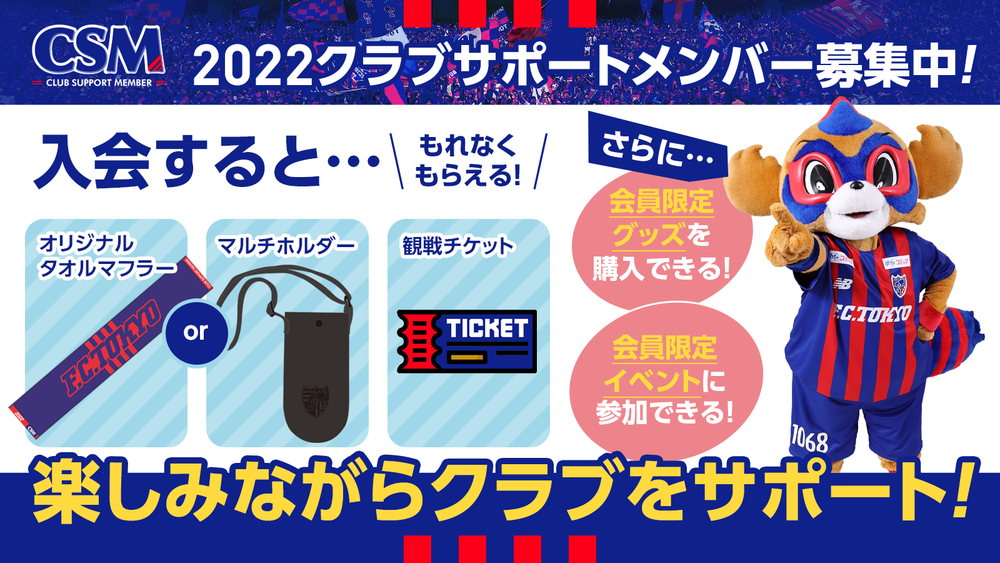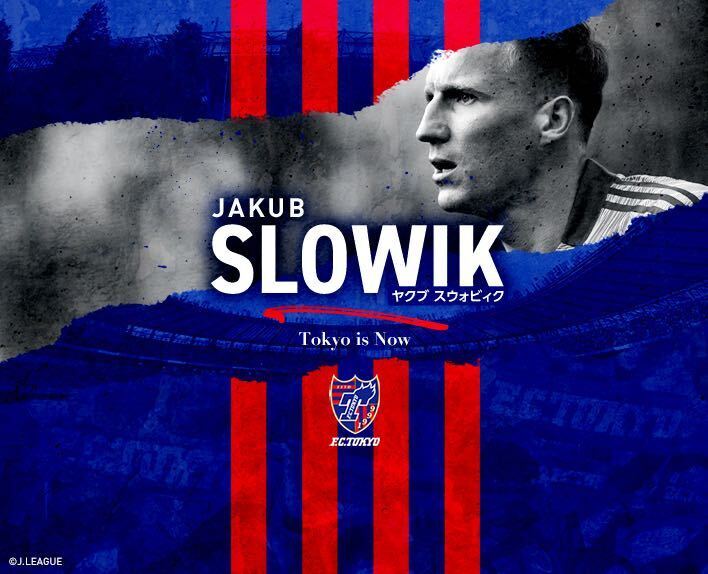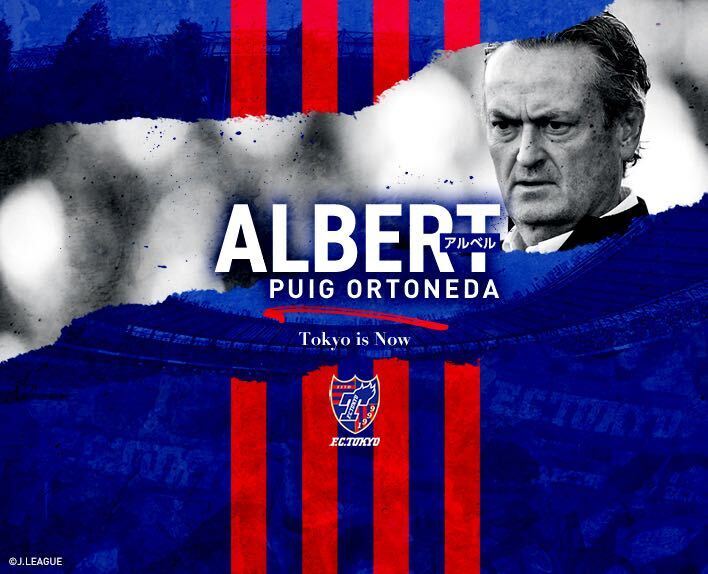Q, First, please tell us about the 2021 season with Nagoya Grampus.
A, it wasn't that I couldn't play in the game, and we were always in the top position in the league and we were able to have a good fight with Kawasaki Frontale in the early stages. We also fought in the ACL and the team was doing well. However, personally, it wasn't a satisfying season and as my appearances in the midfield increased, I was playing with complex feelings of personal emotions and fighting for the team. I think the reason I couldn't play in the center back position was because the results didn't come when I played there. It was a year with a lot of things to think about.
During his time at Cerezo Osaka, Q played under coach LOTINA and formed a solid defense partnership with Matej JONJIC as center back. However, when he transferred to Grampus, he understood that he would face competition from rivals such as Yuichi MARUYAMA and Shinnosuke NAKATANI for the same position.
During my time at Cerezo, I was very fulfilled, but I wanted to challenge myself by changing my environment, not just by playing in games. At Grampus, I also had a strong desire to take the starting position from the two regular players, but my top priority was to change my environment. In addition, my mindset was to win the competition. At the beginning of the season, I started on the bench and occasionally played as a center back. I was able to handle it without getting too down, and since I transferred to a team that was already established, I understood the situation. In the midst of that, the situation changed when Maru-san (Maruyama) got injured, and I started playing more as a midfielder instead of a center back. I had a similar experience during my time at Cerezo, but it may be a luxury problem since I was still able to play in games, but I honestly had some struggles with that.
Q, Mr. Kimoto is a player who can play at a high level as a center back or a defensive midfielder, but his true desire is to compete as a defender.
A, the feeling there is very strong. To be honest, I feel like I have reached my limit as a defensive midfielder, but as a center back, I can show my strengths and I still have room to grow. In terms of age, I want to compete as a center back from here on. I experienced playing as a center back during the time of coach LOTINA, and it gave me a lot of new skills. That time became the foundation for me as a player.
Q, How did you feel when you received an offer from Tokyo?
A, I didn't expect to receive an offer, so I felt very grateful. With the new coach, Albert Pobor, taking over and emphasizing the importance of positioning and the ball, I think it's a challenging and growing environment. I have the desire to challenge myself once again here.
Q, Have you ever talked to Coach Albert PUIG ORTONEDA? If so, what was your impression at that time?
A, he was a very cheerful person and a good talker. Even though he is also a foreign coach, I thought he was different from coach LOTINA. He also said, "Our personalities are completely opposite (laughs)." I was very nervous, but he also told me to "smile more (laughs)." As for soccer, he said, "Because he values the ball, I think I can grow even more."
Q, what are your impressions of Tokyo's offense and defense so far?
Speaking of attack, there are definitely strong attackers that make an impact. Not only foreign players, but also Japanese players like Kensuke Nagai, who is a senior at Fukuoka University, leave a diverse impression. When it comes to defense, Masato Morishige is definitely a player who embodies the style I aspire to and there are many things I want to learn from him.
Q, What aspects of Morishige's play as a center back do you pay attention to?
A, first of all, in the build-up of the attack, both long kicks and short passes can be successful. In terms of defense, it seems like they use their heads a lot to defend. In both aspects, I think it's a style that I want to learn and aim for. When actually playing together, I don't have a specific image yet, but since they are an excellent player, I may also receive a lot of help from them, so I definitely want to form a good partnership.
Q, Morishige is a versatile player, and like Kimoto, he also had opportunities to play as an anchor. However, both of them have the impression of being mainstream center backs in modern football.
A, yes. As coach Albert PUIG ORTONEDA also said, "Center backs have a lot of time handling the ball." In that sense, I think it will be difficult for the opponent if we can get the ball out from both center backs. There are also young and good center backs in the team besides player Morishige, so I want to win the competition there.
Q, By the way, did the name of your senior at university, Nagai, come up? Are there any other players you have a connection with?
A, there's absolutely none of that (laughs).
Q, Do you really jump into a zero-base? (laughs)
A, Yes, that's also part of the challenge. (laughs) By the way, when I transferred to Grampus, Yoichiro KAKITANI from Cerezo also went with me, but he was the only player I was close with. I don't think I'm the type to jump into an unfamiliar environment, but I transferred from Nagoya to Tokyo this time. It's contradictory, isn't it? (laughs).
Q, Player Kimoto has won cup titles during his time at Cerezo and Grampus, but has yet to experience a league championship. This is also the same situation for Tokyo, so please tell us about your thoughts towards winning the league.
A, Winning the title is always an irreplaceable and unforgettable experience in my football career. The desire to experience a league title that I have not yet won is very strong. I definitely want to achieve it here in Tokyo.
Q, By the way, does Kimoto watch overseas soccer or other J-League club games?
I don't watch much overseas, but I've been watching a lot of J-League since my student days. The players I liked were Urawa Reds' Yuki ABE and Ryota MORIWAKI. After entering Fukuoka University, I started watching Reds' soccer, which was led by Misha (Mihailo PETROVIC, current Consadole Sapporo coach), and I liked it because it was very attacking and interesting. Moriaki is a great player who is good at attacking even though he is a DF, and I also liked attacking as a DF, so I watched him. ABE is a player with high quality as a defensive midfielder or center back, and like Mori Shige, I've been watching him as a player with the style I want to aim for. Also, I respected his attitude of fighting for the team.
Q, starting life in Tokyo for the first time after living in Shizuoka, Fukuoka during university, and then Osaka and Nagoya. I've pretty much conquered all the major cities, haven't I? (laughs).
A, now that I think about it, that's right (laughs). Living in Tokyo is honestly nothing but anxiety. I like the slow atmosphere of Shizuoka, and that's where I feel most at home. Even when I go to the city, I still feel that way. I'll be going to Japan's capital, but I'm not really good with crowds, so who knows what will happen (laughs).
Q, Depending on the impact of the coronavirus, there is a possibility that the audience restrictions will be relaxed for the 2022 season, and I think many fans and supporters will return to Tokyo's home, Ajinomoto Stadium. It used to be a stadium that we visited as an away team, but is there anything you are looking forward to about playing at Ajinomoto?
I had heard before that the number of spectators in 2019 was amazing, and when I fought as a member of Cerezo, there were a lot of fans in the game and it was a good atmosphere. The matches between Tokyo and Cerezo at Ajinomoto, with Hasegawa Kenta and Lotina as coaches, were often interesting battles tactically. I have a fun memory of the fight where each other's characteristics came out. This time, I want to fight in a game where Ajinomoto is full as a home team.
Q, What do you want Tokyo fans and supporters to see?
A, I think I'm a plain type as a player, but I've always had a strong desire to contribute to the team, so I want you to see that even in the role of a black player. In terms of play, my weapon is aerial battles. I'm particularly good at competing on the defensive side, so I want you to pay attention to that. On the other hand, heading in attack has been a challenge since 2017 as I haven't been able to score goals. I want to improve on the areas where I can't finish. Mori Shige player scores every season, so I want to learn from that as well. Also, although I couldn't do it much during my time at Grampus, I want you to see my passing from the back line.
Q, and in the context of your own soccer career, it seems to make sense to compete here as a center back.
A, yes, I want to challenge as a center back, and on the contrary, I have a strong feeling that if I don't get results here, it will be the end. I want to do it with a sense of crisis.
text by YUKI NISHIKAWA






